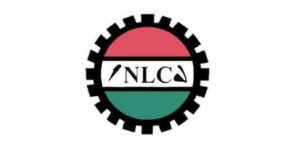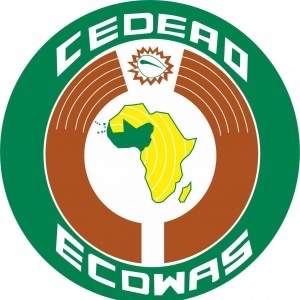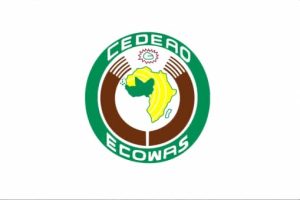By Damilare Adeleye
Operators of Point-of-Sale terminals have increased their charges on Monday following the implementation of the Electronic Money Transfer Levy of N50 by the Federal Inland Revenue Services.

Understandably, the levy is charged on any electronic transaction of N10,000 and above.
It was recalled that several fintech platforms, on Sunday, notified their customers that they would start the collection of N50 as an Electronic Money Transfer Levy in compliance with the Federal Government Stamp Duty Act, which would be remitted to Federal Inland Revenue Services.
A mail from Moniepoint said, “Please be informed that in compliance with the Federal Government Stamp Duty Act, you would be charged an Electronic Money Transfer Levy of N50 by the Federal Inland Revenue Services on any electronic inflow of N10,000 and above” adding that “FIRS charges you N50 for inflow received in your Moniepoint personal banking account. Moniepoint does not benefit from this but receives and remits this sum to FIRS.”
It clarified that the levy applies to all electronic inflows of N10,000 or more except when the electronic inflow is between Moniepoint accounts owned by the same user.
The Electronic Money Transfer Levy is an N50 charge on mobile money, internet banking and other electronic inflows of N10,000 or more.
On its part PalmPay said, “Dear Valued Customer, In accordance with the Electronic Money Transfer Levy regulation of 2022, a N50 levy will be charged on transfers of N10,000 or more paid into your PalmPay account from November 30th, 2024 as mandated by the Federal Inland Revenue.
“Please note that PalmPay does not benefit from this levy, it is remitted directly to the federal government. PalmPay continues to offer unlimited free transfers to any bank account. We are dedicated to providing affordable and accessible financial services to our valued customers.”
OPay also we qsent a terse message to its customers on the app saying, “Dear customer, in line with the FIRS, the EMTL applies starting December 1st, 2024.”
The Electronic Money Transfer Levy was first introduced through the Finance Act 2020, which expanded the scope of dutiable instruments under the Stamp Duties Act to include electronic transactions.
The regulations guide the imposition, administration, collection, and remittance of the Electronic Money Transfer Levy which was introduced by the Finance Act, 2020. Key provisions include A one-time levy of N50 on the recipient of any electronic receipts or transfers of N10,000 or more.
Lamenting in Yoruba, a POS operator in the Arepo area of Ogun State, Kazeem Adewale, said he had been explaining to customers the reason for the hike in charges since yesterday and was barely coping with annoyed customers.
“I have been explaining and it is tiring. Customers think you want to cheat them but all of us here have had to increase our charges because of this new levy,” he groaned.
A POS operator in Yaba in Ondo town, Mrs Helen Faniran, said, “I haven’t started collecting the charge but I have heard a few of my colleagues saying they would start. One of them said instead of charging N300 for N10,000, she was going to start charging N400.”
Asked why they were charging N300 for N10,000 in the first place, Faniran said “Cash is scarce here. Since morning I have not been able to do any business.”
Asked how she sources her cash, she said, “We buy cash from market women and anyone ready to give us. Before the market women used to give us for free but now they sell to us. That has impacted our profit margin. Ordinarily, it would collect N200 for N10,000 but since we are buying and you have to go through a lot of stress to get your cash, you have to add N100 to it. The market women will give you N100,000 for N2,000 and we will do the same amount for N3,000.”

























